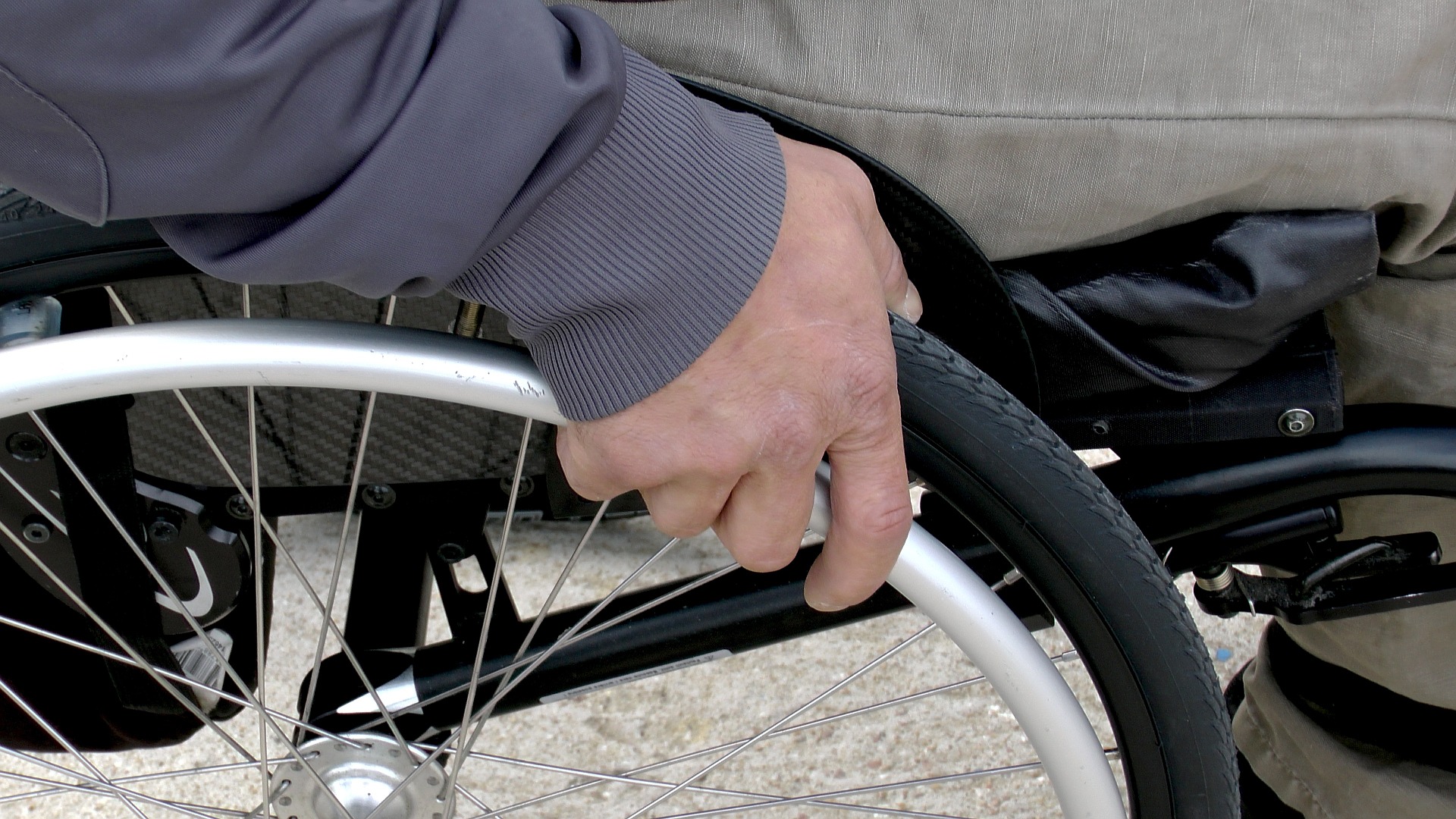Traditional Ayurvedic texts extensively detail paralysis, or Pakshavadha. This condition involves a varying percentage of loss of muscular functioning either in a specific part of the body or, in extreme scenarios, across the body. An extremely complicated condition with multiple variants, paralysis is becoming an increasingly common condition in today’s stressful world. As an Ayurveda doctor, I see an alarming increase in the percentage of the incidence of paralysis in the recent times. What triggers paralysis and is there any Ayurvedic treatment for paralysis? Is there an option to rehabilitate your lives after a paralytic attack? So, let’s find some answers!
What really goes wrong in paralysis?
Our ability to move depends on our muscles and on the nerves from the spinal cord and brain. They communicate between the muscles, spinal cord, and brain to control the movement of the body. When this smooth communication is disturbed in any way at any point along the nerves, the movement of a portion of or the entire body is disturbed. This leads to loss of muscle control, muscular weakness, and eventually paralysis
Types of paralysis
The location of paralysis indicates the specific, affected nerves. Hemiplagia indicates the involvement of the side of the brain opposite to the paralyzed side. Quadriplagia affects the neck, arms, legs, and torso, while paraplagia affects the hips and the lower parts of the body. Other forms include diplegia and monoplagia, where the limbs are affected,
Cause
Paralysis can be complete or partial, since the main cause of paralysis is the deterioration of the nerves. Paralysis can occur as an extension of other conditions including cerebral palsy, demyelinating disease, multiple sclerosis, tumor, stroke, brain hemorrhage, or sudden injuries. It occurs as a result of any damage to the nervous system – central or peripheral. Paralysis that slowly spreads across to different locations of the body is a strong indicator of a progressively degenerative condition. Accidents, sports injury, and falls carry a high risk for paralysis; however, in today’s stressful times uncontrolled and high blood pressure is a common cause. Today’s lifestyle priorities, from food and lack of exercise to worrisome sleep habits contribute significantly to hypertension and the risk for paralysis.
Symptoms of paralysis
In paralysis, loss of sensation is a critical symptom that affects muscular strength, leading to complete or partial loss of movement. The other symptoms include noticeable changes to almost every system of the body from circulation to the digestive system, muscular spasms, propensity for infections, loss of urinary control, and difficulty in speaking.
Treatment for paralysis
Ayurveda treatment helps in rehabilitation from paralysis and also has increased chances of enabling recovery, especially when the treatment starts early. A strict regimen of diet, lifestyle transformations, massages, and other physical therapies help in stage-wise improvement in the case of paralysis. When combined with panchakarma treatment, Ayurveda treatment becomes truly effective in rejuvenating the body.
Many forms of massages with herbal formulations help in restoring muscular health and stimulating the nerves. Focus the whole body massages or just on the affected parts. Other therapies include pizhichil, nasyam, kizhi, and snehanam.
The critical focus of Ayurvedic treatment for paralysis is to enable nerve rejuvenation and facilitate lifestyle modifications. Identifying the pattern earlier and approaching an experience Ayurveda doctor will definitely make a huge difference.


